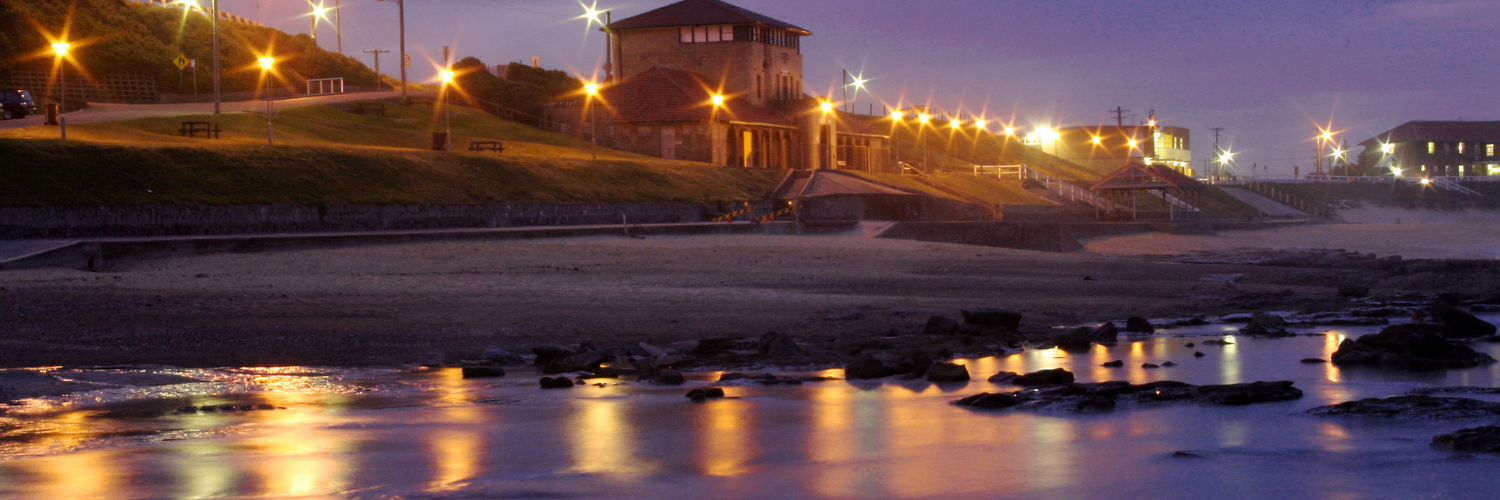
Frequently asked questions about domestic and family violence.
-
Domestic and family violence (DFV) is a pattern of behaviour in an intimate or family relationship that is violent, controlling, threatening or coercive.
It’s about power and control over the other person.
It can be between married and de facto couples, boyfriends, girlfriends, partners, ex-partners, carers, families, siblings, and children. Family relationships include kinship ties in Aboriginal and Torres Strait Islander communities, and extended family.
Domestic and family violence can be emotional, psychological, coercive, physical, sexual, financial, technical, and more. There’s no one set of behaviours that are considered domestic and family violence.
Definitions of domestic and family violence vary across states and territories.
Domestic and family violence is never OK, and never the victim’s fault.
More Information about Domestic and Family Violence
-
Yes.
Perpetrators of violence are overwhelmingly men, and victims are overwhelmingly women.
-
Support for male victim-survivors of domestic and family violence: CatholicCare Safer Pathways: This program is available across Port Stephens, the Hunter, Newcastle and Lake Macquarie.
Email: localsupportservices@catholiccare.org.au
Ph: 4979 1120 -
It’s a lot more complicated than “just leaving.” A better question is “why don’t domestic violence perpetrators just stop?”
Leaving an abusive relationship is often linked to increased danger and lethal violence towards a victim. Abusers can go to great lengths to make sure their victims can’t leave. Other factors at play can include:
Threats and control: abusers go to great lengths to get their victims to stay.
Housing and homelessness: many victim-survivors have nowhere to go, and refuges and transitional housing are in short supply and chronically underfunded
Financial reasons: many victim-survivors have no income of their own, which is especially complicated if children are involved
Children and dependents: there are often other people involved than just the victim-survivor themselves, including children, relatives and pets
Barriers to support seeking: not knowing where to get support, being dismissed by law enforcement, beliefs that two-parent households are better for children, unsupportive friends and family, and more
-
It’s ok to say something to someone you know who is experiencing domestic or family violence. It’s ok to offer your support.
Domestic and family violence victim-survivors need the support of people in their lives, but it's important to remember that the victim-survivor is the expert in their own safety and circumstances.
You can call 1800RESPECT on 1800 737 732 if you are worried about someone in your life, and the 1800RESPECT website has suggestions for how you can provide support and some things for you to consider.
ABC’s of supporting someone who has experienced Domestic or Family Violence:
• Acknowledge, support and listen
• Be non-judgemental
• Care, yet know that you cannot rescue
• Discuss a safety plan
• Encourage and empower
• Friendly - offer to provide practical support, invite them out to social events
• Give information about domestic and family violence in a safe way -
Ending domestic and family violence is everyone’s responsibility.
Some ideas of what you could do to help:
• Get informed. Read through this website, and other sites such as Our Watch to understand what domestic and family violence is and what to look for.
• Organise a training at your school or workplace. Contact Jenny’s Placeor DV Alert or ECAV to find out about training available.
• Share our resources on social media.
• Our Watch have a great Prevention Handbook with tools and resources and ideas.
• Our Watch also have a great resource for small actions anyone can take to address the drivers of violence against women in their own lives.
• If you are a DFSV sector worker, get involved in the Newcastle DV Committee
-
If you would like to make a donation, please contact these organisation directly to discuss what they need and how to donate:
Warlga Ngurra https://www.warlgangurra.org.au
Family Support Newcastle https://nfss.org.au/donate-now
Got Your Back Sista https://www.gotyourbacksista.com/
Jennys Placehttps://www.jennysplace.org/
NOVA For Women and Children https://www.novawomen.org.au/
Carrie’s Place https://carriesplace.org.au/
Newcastle DV Court Advocacy Service https://nwdvcas.org.au/donate/
Port Stephens Family and Neighbourhood Services http://www.psfans.org.au/
Upper Hunter Homeless Support https://www.upperhunterhomelesssupport.org/ways-to-help
If you want to volunteer, please contact these organisation directly:
Got Your Back Sistahttps://www.gotyourbacksista.com/
Friends With Dignityhttps://www.friendswithdignity.org.au/
